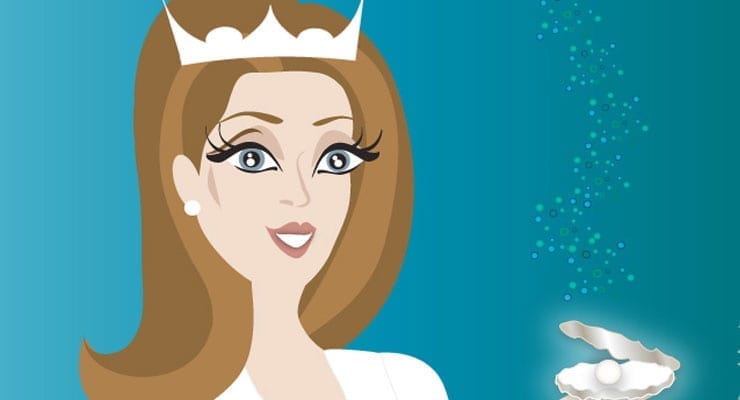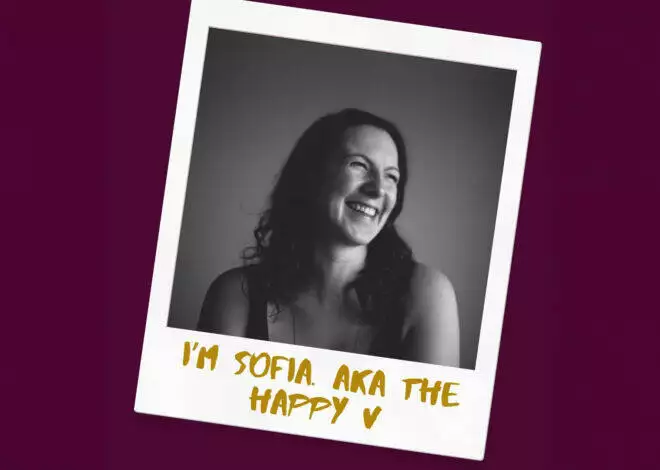How old would you be if you didn’t know how old you were?” – Satchel Paige
(baseball legend whose successful career lasted into his 60’s)
It’s my birthday this week and aging is on my mind. Just saying that word triggers a slight twinge of despair, a sense of the inevitable onward march of time. I think it’s often worse for women
than men, but we all feel the pang.
Recently my dad was going on about how old he felt, when my daughter ventured an innocent question: “Papa Joe, why are you so old?” Of course it made us laugh, but the reality was that Sienna had no bad connotation to the word “old.” In fact,she had been listening closely to her grandfather and couldn’t understand the complaint in his voice. She had just turned 3 years old, and “old” was a good thing to her.
It got me thinking about the way we stereotype the process of aging and our own expectations of ourselves. As women we’re advised that at a certain age, we should dress older (hemlines lower, necklines higher), act older (a little less loud, please), and tone down that makeup or how we wear our hair. The search for miracle creams begins and we take a longer, harder look in the mirror as fine lines enter the picture of how we see ourselves.
But according to Harvard psychologist Dr. Ellen Langer, the secret to the fountain of youth is not which miracle cream you use, but your attitude about yourself. Her groundbreaking research on aging concludes that it is possible to turn back the clock.
Think young. In a now famous experiment, Dr. Langer recreated the past for a group of elderly men in their 70s and 80s. She retrofitted a New England hotel so that all observable signs reflected the times of 20 years before. Langer told the men not to reminisce, but to actively behave as if they had time travelled to the past. The point of the experiment was to see if changing the men’s mindset could actually affect their health.
After only a week of immersion in the past, the elderly men who “lived” their youth showed remarkable improvements in flexibility, joint pain, mental acuity and movement, compared to the control
group of men the same age. Outsiders who looked at photographs of the men estimated their age as substantially younger than they were.
Our biological age is not our real age, but too often we look at the number in years instead of our own possibilities. Our bodies are cued to the signals we give them, including negative cues on disease and aging. Talking about the negative aspects of getting old actually ages us faster, while having a positive attitude toward aging (think: wisdom not senility; discovery not decline)
increases life span by 7 ½ years, according to a Yale University study.
As incredible as it sounds, positive aging attitudes have a greater impact on longevity than healthy weight, quitting smoking, regular exercise, low blood pressure or cholesterol.
Build healthy habits into your life. Living a good full life is an inside job. Those with positive attitudes toward the future tend to take better care of themselves, eat better, exercise more regularly, sleep better, have more friends and lower stress levels. It’s all far simpler than we think. The real daily work of life is loving yourself with deep acceptance for who you are, in all times and seasons.
Here’s to aging gracefully!
Ciao,
Princess Ivana





